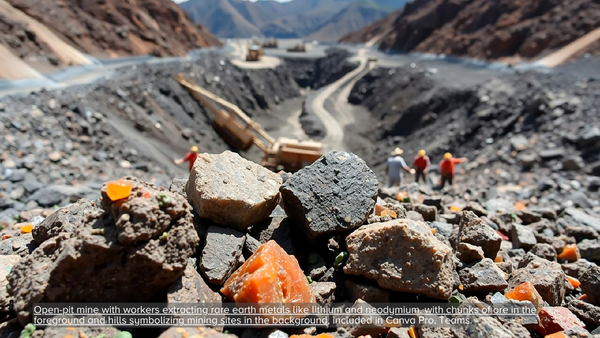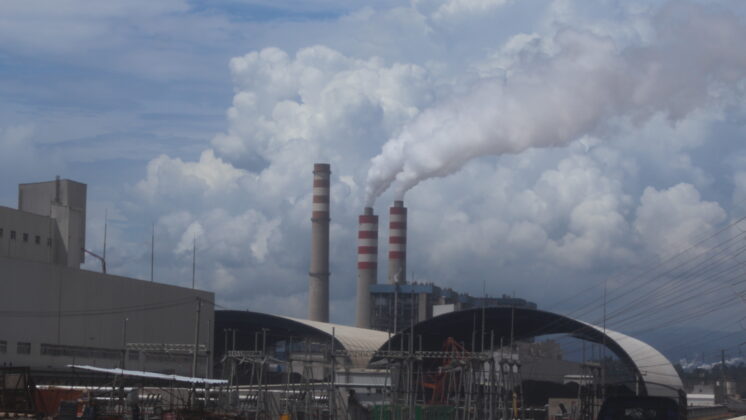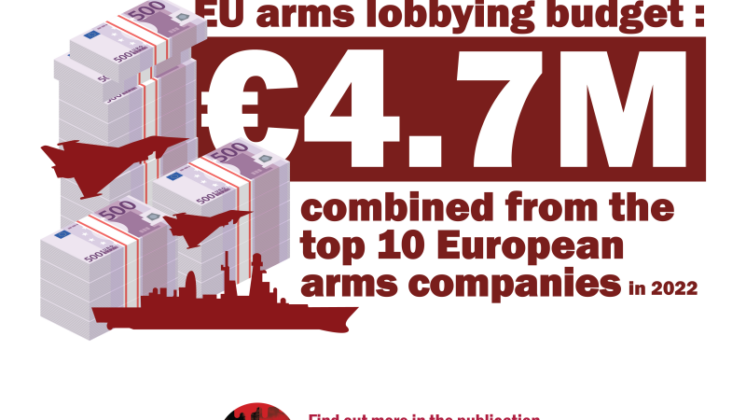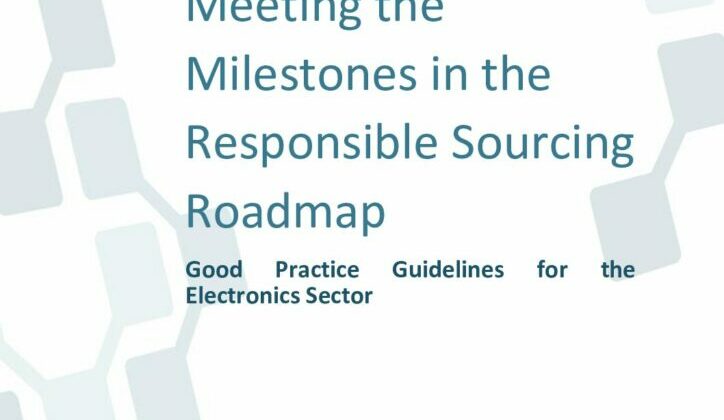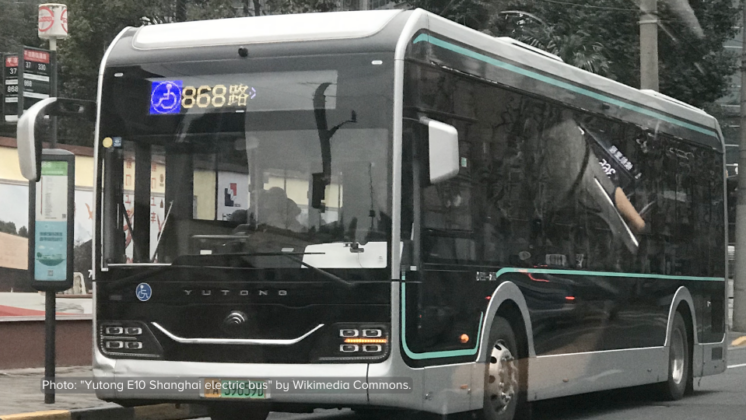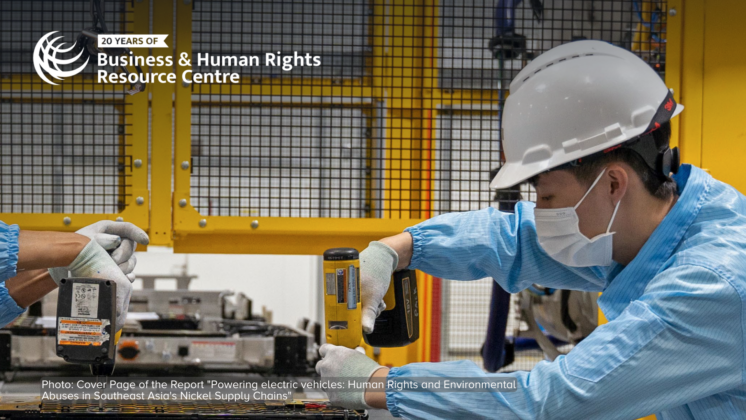The large majority of European companies do not conduct due diligence to ensure that their products are free from ‘conflict minerals’. They therefore risk being linked to violent conflict and grave human rights abuses. International standards have clearly outlined the responsibility of companies to conduct such due diligence and the European Commission is currently developing an initiative on responsible sourcing of minerals from conflict affected and high-risk areas. “But unless required by law, most companies do not address this issue at all”, says Tim Steinweg of the Center of Research on Multinational Corporations (SOMO).
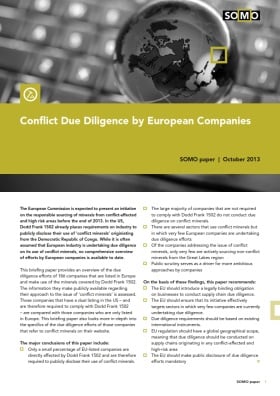
SOMO investigated the efforts of 186 European stock-listed companies that make use of conflict minerals. While US listed companies are required to report on their use of conflict minerals from the Democratic Republic of Congo (DRC) under Dodd Frank 1502, no such legislation is currently in place in Europe. Contrary to the assumptions often made by policy makers, SOMO’s briefing paper shows that very few European companies are currently conducting their due diligence on this issue. Only 12% of the companies who are only listed in Europe – and are not directly affected by Dodd Frank 1502 – refer to conflict minerals on their website. When looking at specific sectors, companies in the healthcare equipment, aerospace and defense sectors are notably lagging behind, as less than 10% report on the issue.
In total, only 34 of the 186 investigated companies make any mention of conflict minerals on their website. The approaches of these companies vary greatly. While a few actively engage in the DRC to source non-conflict minerals and try to stimulate a conflict-free local economy, others either make use of sector-wide initiatives or pass on requirements to their suppliers to ensure that they do not make use of conflict minerals. Companies from sectors that have seen public scrutiny on conflict minerals tend to have more ambitious approaches.
SOMO’s research concludes that legal requirements act as an important driver for companies to conduct due diligence on the sourcing of their minerals. SOMO has therefore joined up with 58 other civil society organizations in a call to the European Commission to develop a legal framework. Such a framework should be based on existing international standards and have a broad geographical and material scope. This legislation would be most effective if it directly applied to all end-user companies, including sectors – such as healthcare equipment or aerospace – that are not yet addressing the issue at all.




